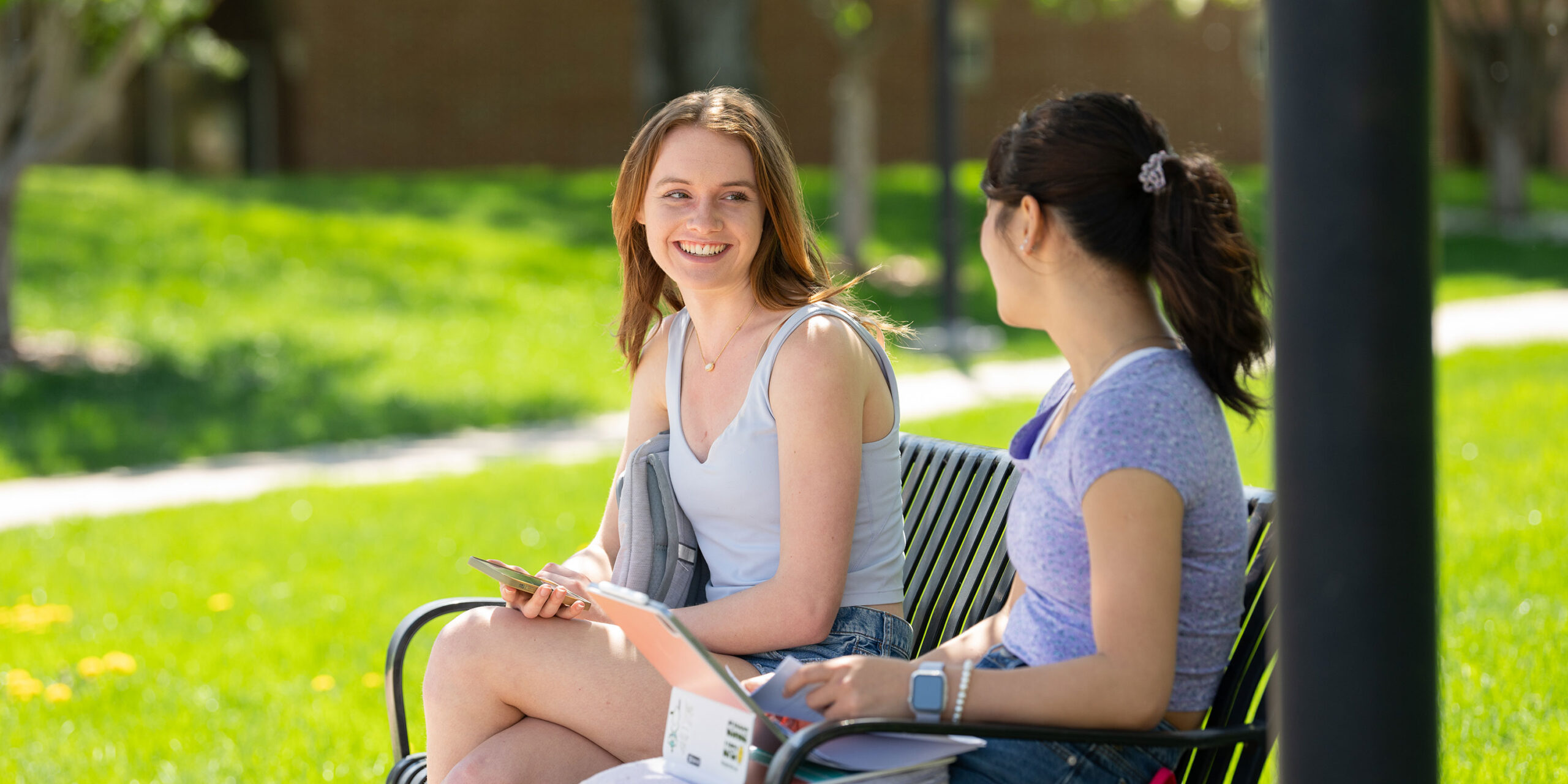We all know that time spent in nature is valuable — and, increasingly, rare. Outdoor experiences tune our senses to shifts in light and temperature and immerse us in auditory and aromatic inputs — the sounds of the loon or a sub-woofer, the smells of pine sap or warm tar.
A study published in the journal Environmental Resources of U.S. college students during the COVID-19 pandemic found that those who spent time outdoors experienced less emotional distress.
“Field work” has long been a practice among Minnesota private colleges, seeking to expand education beyond the classroom and, often, the campus. Here are a few examples: One college has harnessed sun and sap to create a delicious brew since 1942. Another sends students to document the changing climate of northern Alaska. A third college asks students to practice the art of observation.
…
Out of their comfort zone
For his Principles of Biology 3 class at the University of Northwestern – St. Paul, Professor Joel Light assigns a semester-long research study focused on environmental topics in ecology. Some students choose to collect data in the field.
“One of my student groups is looking at choices of food for songbirds,” Light said. “They’re providing seed-type food and insect-type food and have a cam set up.”
Light encourages this type of outdoor observational science, both for students’ academic growth and also to step back from the omnipresent blue-light stimulation of smart phones, laptops and gaming consoles.
“Our students are very technologically inclined, but they often don’t make the time to be in their local environment,” he said. Time in nature “gives them an opportunity to be in the natural world, which is really grounding. Students have high stress and anxiety, and there are studies saying spending time in nature is helpful to alleviate that.”
It’s also conducive to science. Following the time-honored methods of Charles Darwin, Aldo Leopold and Jane Goodall, students’ observations in nature yield discoveries.
“When you think about the field naturalist, they’re making notes and making sketches,” he said. “They’re not doing science in the sense that they’re creating experiments, but they’re observing natural phenomena.”
Light has led a field biology class that culminated in a trip to the Boundary Waters in the past. There, his students would look up at the trees and stars and down at the dirt and spend time to truly notice what they’re seeing.
“It got them out of their comfort zone,” Light said. “We had conversations around a campfire that you can’t have in a classroom.”
The above excerpt was originally published by the Minnesota Private College Council, written by Diane Richard.

